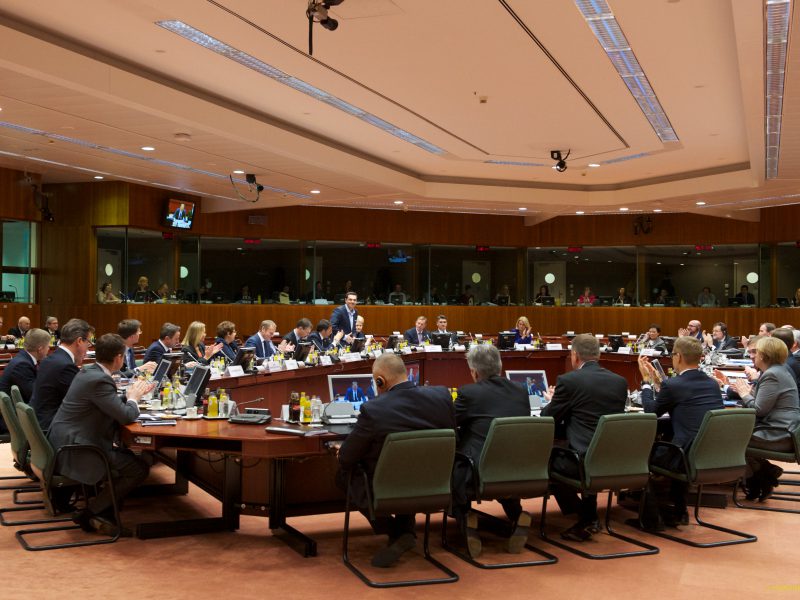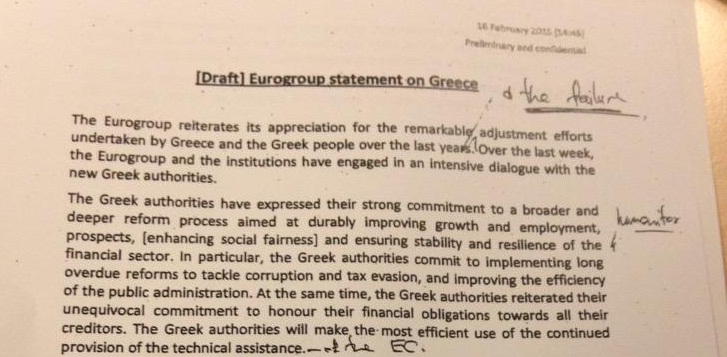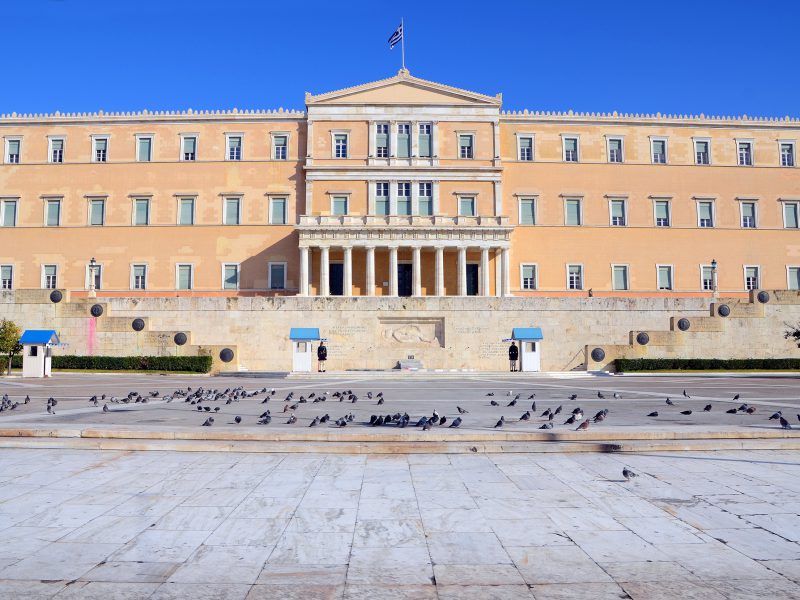Five observations on Greece
![]() By Alexis Boutefeu-Moraitis and Jack Copley
By Alexis Boutefeu-Moraitis and Jack Copley
Misery is palpable in Athens: the increase in ‘closed’ signs outside small shops, the long queues at soup kitchens and the growing numbers of homeless and drug addicts in the streets. Currently, there is no visible change on the ground. However, optimism has replaced hopelessness in everyday discussions. In the context of brutal austerity, the victory of Syriza in January’s electoral battle came as a slap in the face to European elites.








